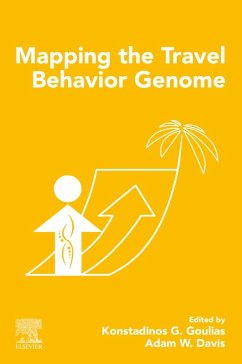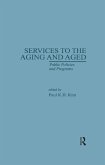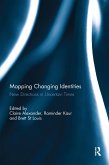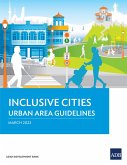Mapping the Travel Behavior Genome covers the latest research on the biological, motivational, cognitive, situational, and dispositional factors that drive activity-travel behavior. Organized into three sections, Retrospective and Prospective Survey of Travel Behavior Research, New Research Methods and Findings, and Future Research, the chapters of this book provide evidence of progress made in the most recent years in four dimensions of the travel behavior genome. These dimensions are Substantive Problems, Theoretical and Conceptual Frameworks, Behavioral Measurement, and Behavioral Analysis. Including the movement of goods as well as the movement of people, the book shows how traveler values, norms, attitudes, perceptions, emotions, feelings, and constraints lead to observed behavior; how to design efficient infrastructure and services to meet tomorrow's needs for accessibility and mobility; how to assess equity and distributional justice; and how to assess and implement policies for improving sustainability and quality of life.
Mapping the Travel Behavior Genome examines the paradigm shift toward more dynamic, user-centric, demand-responsive transport services, including the "sharing economy," mobility as a service, automation, and robotics. This volume provides research directions to answer behavioral questions emerging from these upheavals.
Mapping the Travel Behavior Genome examines the paradigm shift toward more dynamic, user-centric, demand-responsive transport services, including the "sharing economy," mobility as a service, automation, and robotics. This volume provides research directions to answer behavioral questions emerging from these upheavals.
- Offers a wide variety of approaches from leading travel behavior researchers from around the world
- Provides a complete map of the methods, skills, and knowledge needed to work in travel behavior
- Describes the state of the art in travel behavior research, providing key directions for future research
Dieser Download kann aus rechtlichen Gründen nur mit Rechnungsadresse in A, B, BG, CY, CZ, D, DK, EW, E, FIN, F, GR, HR, H, IRL, I, LT, L, LR, M, NL, PL, P, R, S, SLO, SK ausgeliefert werden.









